This article will present comprehensive information about kava and alcohol. It will also teach you how to use it for withdrawal. Kava is a ground root from the Western Pacific that has been used for centuries by traditional cultures to promote relaxation and social bonding.
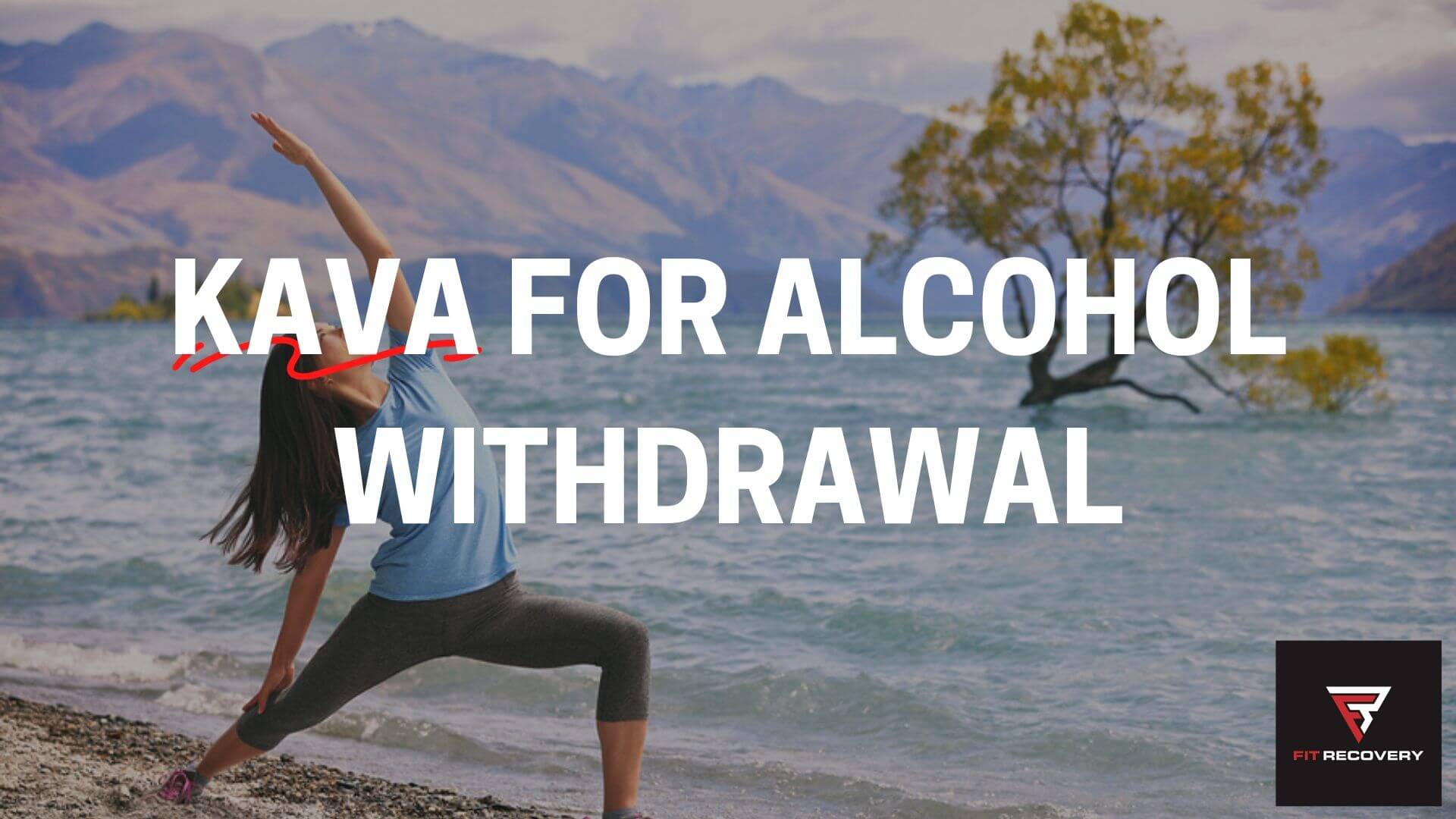
Here’s a preview of what you’re going to learn in this tutorial:
- Similarities and differences
- Benefits for withdrawal
- And much more!
Kava And Alcohol
Both have some similar effects. However, the natives of Fiji do not share our cultural obsession with drinking. They prefer their traditional kava rituals instead. Having tried it for myself, I actually feel bad for Westerners who are stuck with toxic alcohol!
Since 2000, millions of Americans have used it instead of drinking as a remedy for post-acute withdrawal. This root can be found in many large grocery stores, usually in the form of powder or tea bags. We will discuss the best sources because not all of these products are created equally – and the production method is particularly important.
While severe withdrawal is a medical emergency, kava may be able to help many people who suffer from mild to moderate withdrawal symptoms, especially anxiety and insomnia.
I have enjoyed mixing it with cold spring water during parties to enhance my relaxation. I have also introduced this root to some friends who are social drinkers, and one of them has found that he often prefers it to alcohol.
Even some former alcoholics prefer it to drinking, as shared by this message board site user:

While I am not a regular kava drinker, it’s easy for me to see why so many people have had success using it as a natural remedy for anxiety during post-acute withdrawal syndrome (PAWS)!
Overview
Kava’s scientific name is piper methysticum, which means “intoxicating pepper.” The roots of the plant contain natural compounds called kavalactones that have been clinically shown to help with anxiety. (source)
It has the unique ability to preserve mental clarity while inducing relaxation. The same cannot be said of alcohol, which is one of the most toxic substances on earth!
Pacific Islanders have long enjoyed the relaxing properties of kava root powder, which offers the following effects:
- Sedative – Brings on sleep more easily
- Anesthetic – Dulls pain and numbs the taste buds
- Euphoriant – Lifts mood and alleviates social anxiety
- Entheogenic – Mildly lifts consciousness to a more transcendent realm
Traditional rituals in many Pacific cultures use this root for important social, religious, and political ceremonies. Women and children typically chew the root into a dense paste, which is then diluted to create the kava drink. Fortunately, we can now obtain high-quality options that have been pre-chewed by machines rather than humans.
In Awaken The Giant Within, Tony Robbins recounts an experience in which he drank this root with the natives of an island in the Pacific and achieved the most intense sensation of inner peace that he had ever felt.
How Kava Works
Scientists have found that ir induces relaxation and a sense of well-being through a number of subtle mechanisms. Since many of these mechanisms are weak compared to drugs that act along the same pathways, we will note the three primary ways in which this root exerts its mild psychoactive effects:
- Stimulates GABA receptors
- Increases dopamine and norepinephrine levels
- Stimulates the cannabinoid receptor (CB1)
There have been up to 18 kavalactones identified in the root, but only six of them are responsible for the plant’s effects on the brain. Kavalactones mainly affect GABA-A receptors, which are also stimulated by alcohol and benzodiazepines. This mechanism of action accounts for why many ex-drinkers have found relief from withdrawal by consuming it.
The sensation of consuming kava is a mellow state of mind and enhanced sociability. Despite its mild psychoactive properties, it is not physically addictive.
Dopamine and norepinephrine are excitatory neurotransmitters associated with reward and energy. It increases concentrations of these neurotransmitters, making it a great social beverage. The mild stimulation of the CB1 receptor may account for increased feelings of empathy and spiritual well-being.
While kava is quite unique in its chemical composition, one could understand it as a natural alternative to GABA-enhancing drugs in the same way that kratom is a natural alternative to opioid-stimulating drugs. (You can click on that link to learn how drinking actually activates the opioid system.)
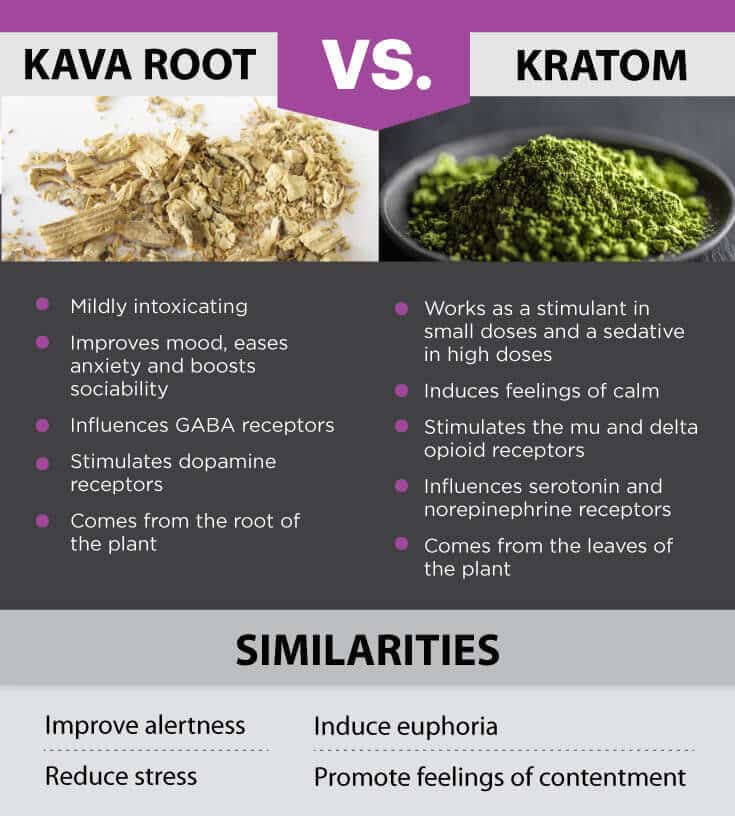
Using this root for withdrawal can help to alleviate the following maladies, many of which continue for months during post-acute withdrawal:
- Anxiety
- Restlessness
- Muscle soreness
- Fatigue
- Depression
Years ago, I would have gladly tried this root for withdrawal when I had mild or moderate symptoms upon quitting. Unfortunately, I did not know what it was.
I have heard from many people who experienced profound relief from anxiety by using this root shortly after quitting. Most of them had either weaned off of liquor or had medically detoxed and found their ensuing cravings to be unmanageable. While I have not heard from anyone who used this root to help them wean off of liquor, I don’t see why this wouldn’t be possible.
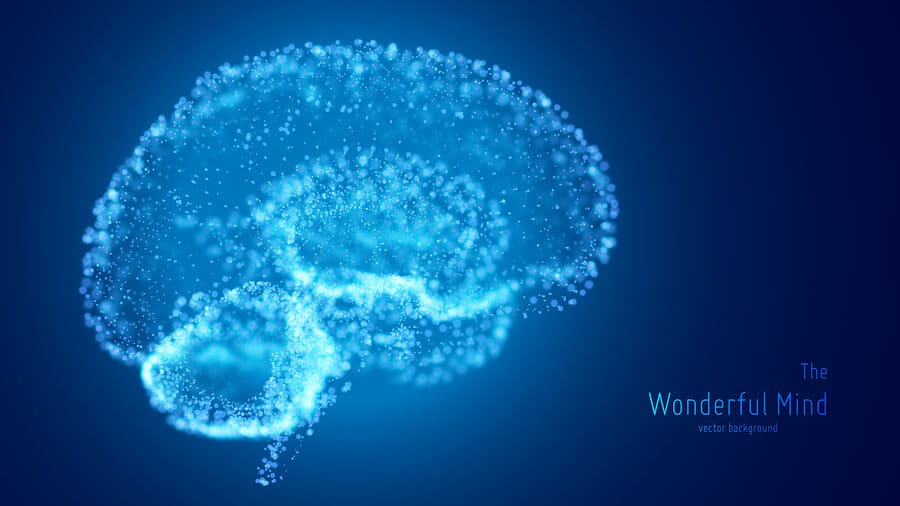
Kava provided these people with the gentle support they needed to avoid alcohol and allow their bodies and minds to rest.
As with any form of harm reduction, care should be taken to repair nutritional deficiencies that contribute to neurotransmitter imbalance and perpetuate the desire to drink in the first place.
If you are interested in using a stronger alternative, you can read my article about how to use phenibut for withdrawal.
Note: Unfortunately, kava is too weak of a GABA-agonist to be helpful for symptoms of severe withdrawal like hallucinations and seizures. If you’re suffering from severe withdrawal, have no fear:
- Consult a doctor who can prescribe you with a tapered regimen of a benzodiazepine like Ativan.
- To deal with post-acute withdrawal, you may want to get a prescription for gabapentin or .
- Read my eBook to learn how to reduce the symptoms of post-acute withdrawal and transform your life!
Best Brands For Withdrawal
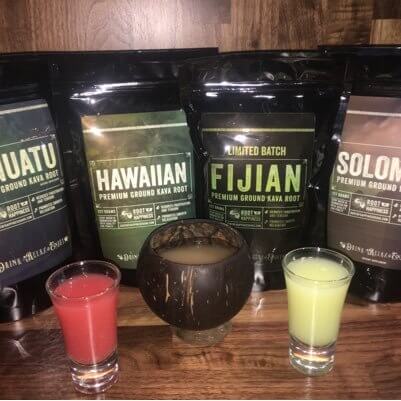
Over the past several years, I have tried several different vendors in a number of different forms. My first experience came from a tincture that I bought at Whole Foods, which I found to be the weakest form. It numbed my tongue for a few minutes and any relaxation benefit was either muted or nonexistent.
In full disclosure, I medically detoxed after quitting drinking and did not discover kava until a few years after I had already quit drinking. However, I was interested in experiencing the effects of it and began sampling powders imported from the Pacific Islands. I found that some of these powders improved my mood slightly and absolutely helped me drift off to sleep, with no after-effects in the morning.
I didn’t really need help sleeping; chamomile tea does the trick for me. And so I forgot about it for a while.
A few months later, after having been extremely impressed by the kratom produced by a stellar company called Top Extracts, I decided to sample their version. I expected to feel a bit dazed and fall into a deep sleep, as I had with the other brands.
Instead, after mixing one teaspoon of Top Extracts’ 70% Kavalactones Powder into a glass of spring water, I felt blissful, carefree, and focused all at the same time.
I caught up with my roommate and read half a book before falling into the deepest sleep I could remember.
If I were using kava for withdrawal, here is what I would do:
- Order Top Extracts’ 70% Kavalactones Powder
- Drink half a teaspoon mixed into a glass of cold water
- Re-dose every half hour until I felt a relaxing effect (I would not exceed 1.5 teaspoons)
- Use this relaxing ritual each evening for a week or two while taking supplements for brain repair (see below)
I have also tried Top Extracts’ Supercritical 60% Kavalactones Extract, and can report that a dime-sized portion on my thumb made for a wonderful afternoon (it is a paste, rather than a powder). I have not yet sampled their Traditional Solomon Kava, but the verified buyer reviews on their website are compelling.
I should note that there is something called “reverse tolerance” with it. If you use this root a few times, you might notice that you need less and less of it to achieve the same effect.
While I did not use kava for withdrawal, I can state with a high degree of confidence that Top Extracts is the best quality that you will find online.

If it’s your first time ordering from Top Extracts, you can save 15% on your order by using this promo code: Welcome Friends.
Note: Regular customers of Top Extracts have come to understand that this company only sells the freshest products, and as a result, items frequently go out of stock for short periods. If the one that you wish to try is out of stock, my advice is to keep checking every few days and order the closest available alternative! I haven’t been disappointed with anything I’ve ordered from Top Extracts.
Optimizing Your Recovery
The best way to use kava for withdrawal is to combine it with a regimen of biochemical repair.
It’s VERY important to provide your system with the building blocks it needs to produce the neurotransmitters, hormones, and many other compounds that your brain requires to achieve long-term stability.
Stable moods are impossible without a stable brain.
If you’re anything like I was when I quit drinking, you’ll probably deny that you have any nutritional deficiencies. You might even deny that you have neurotransmitter deficiencies. I implore you to reconsider these assumptions.
Nearly a year after I quit drinking, I finally understood that the majority of my post-acute withdrawal symptoms were caused by invisible deficiencies caused by prolonged drinking.
I finally ended my post-acute withdrawal symptoms (including cravings) by doing a lot of research and spending a lot of money on herbs, vitamins, and minerals.
Calm Support (read my review here) is among the most well-researched options for repairing alcohol-induced nutritional deficiencies.
This supplement consists of high-quality nutrients and herbs that have been clinically proven to help alleviate the symptoms of withdrawal. These ingredients cost a lot of money when purchased separately.
- B-Vitamins – Highly depleted by alcoholism and necessary for energy and cognition
- Vitamin C – Restores cellular health damaged by drinking
- Magnesium – Supports relaxation, sleep, and nervous system functioning
- Zinc – Restores the immune system and hormonal balance after alcoholism
- L-Tryptophan – Amino acid that helps with relaxation and sleep
- NAC – Amino acid that detoxifies the liver and the lungs
- Valerian Root – Herb that reduces insomnia
- Phyllanthus – Herb that detoxifies the liver
- Mucuna Pruriens – Herb that restores dopamine in the brain
- L-Theanine – Amino acid that improves anxiety
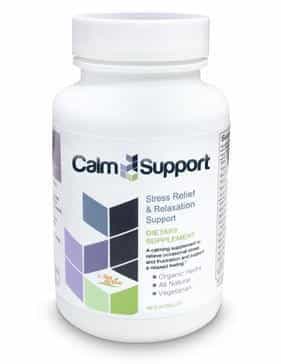
Many people are quitting drinking using Calm Support along with external support and basic lifestyle improvements.
Note: The great people who work at Calm Support have been scrambling to keep up with insanely high demand for this product. If it is out of stock, make sure to sign up on their website to receive a notification when it’s back!!
Is It Toxic?
There is a persistent myth that this root is inherently toxic to the liver. In fact, it is not toxic as long as it meets two conditions:
- This product has not been extracted using alcohol or acetone
- This product has been made from only the roots
The plant’s leaves contain a toxic alkaloid, which is why only the roots of the plant can be consumed. In the early 2000s, a German company began extracting alkaloids from the plant’s leaves as well as the roots. A few customers suffered from liver damage, setting into motion a rumor that it is necessarily toxic to the liver.
Now most products (including Top Extracts) carry a warning that liver damage may occur from consuming it.
This rumor has also been seized upon by government agencies that are eager to ban natural alternatives to prescription drugs. More research needs to be done on the effects of chronic, long-term use, but this is not the kind of usage that we are discussing in this article.
(In 2013, a World Health Organization report clarified that this root is safe as long as only the roots are used and alcohol and acetone are not used as solvents. In 2014, Germany lifted the ban on all products that was enacted in 2002.)
As for myself, every few months, I’ll have a teaspoon to chill out during a pleasant evening with friends. I have never experienced any adverse effects.
Is It Addictive?
There is no evidence that kava is physically addictive.
If this addiction is even possible, then we have enough anecdotal evidence to conclude that it is extremely rare. We don’t find “kava addicts” loitering on the streets of the Polynesian Islands. Nor do we have an “epidemic” in the U.S., despite our obvious problems with garbage substances.
I have never heard of anyone who has been addicted to this root, but I have read plenty of articles by treatment centers that claim that this addiction exists. Usually, they provide their phone number underneath their article, in case you want to give them tens of thousands of dollars to treat your kava addiction.
“Any form of mind-alteration will lead you back to your original addiction” is an incoherent and sad article of faith that ignores both neuroscience and the reality of self-transformation. It’s incoherent because everything we do is a form of mind-alteration. It’s sad because harm-reduction saves lives and people are suffering. It’s time to enter the 21st century.
Anyway, kava bars are cropping up around the U.S. – and they’re a huge hit with people who have quit drinking. They’re also a big hit with police, who are busy dealing with drunk mayhem outside of regular bars, while the bar attendees enjoy relaxed conversation. What a concept!
Research Studies

A number of studies have been done on the safety and efficacy of kava for anxiety, which is usually the symptom of withdrawal that leads people back to the bottle.
Three studies in particular are pertinent:
- A craving survey and pilot study found that this root can decrease cravings for alcohol, nicotine, cocaine, and heroin (source)
- An 18-week study found that it “may help sufferers of anxiety and provide significant support to use in a clinical setting” (source)
- A 6-week study found that it is a moderately effective short-term treatment for generalized anxiety disorder (source)
Conclusion
I hope you’ve enjoyed this article.
Because everyone is different, nothing I write on this site is a definitive recommendation for anyone.
My goal is simply to provide information about many potential solutions for the physical trap of withdrawal. There is no one-size-fits-all solution, and if you’re as addicted to alcohol as I was when I quit drinking, medical detox is your best bet.
I’m not promoting a lifestyle of daily usage, although I don’t judge anyone who uses this root on a daily basis.
My favorite highs come from herbs like chamomile, yerba mate, and cocoa leaf – and a great workout in the sun. If I’m with old friends, I’ll smoke a good cigar. I use meditation almost every day to calm my brain.
Nothing feels better to me than waking up with a clear mind and feeling at peace with raw, majestic, mysterious reality.
If you have any questions, please leave them in the comment box below.

FAQ:
Is Kava good for alcoholics?
Many former addicts have turned to this root as a replacement drink. It isn’t addictive, and it offers noticeable relaxation for most people. It also has “reverse tolerance,” meaning that tolerance to it goes down rather than up over time. While high-quality options have been safely consumed by millions, people with serious liver issues often avoid this plant out of an abundance of caution.
Can Kava replace alcohol?
Many people have found it to be a relaxing alternative. Kava bars have begun to pop up in major cities, offering a relaxed and low-key alternative to rowdy bars. It can be safely enjoyed as long as it is of high quality.
Can I drive after drinking kava?
This root can make you drowsy, so take care driving a car after drinking it. Unlike alcohol, it will not make you fail a sobriety test. But some people do feel too relaxed to drive after drinking kava.
Author
-
A decade+ addiction-free, Chris Scott, the visionary founder of Fit Recovery, passionately guides Fit Recovery 2.0 Members toward a vibrant, healthier lifestyle. Through the integration of groundbreaking nutritional strategies, transformative reframing techniques, neurolinguistic programming, and dynamic pro-recovery habit systems, he inspires individuals to boldly take charge of their lives and break free from alcohol. Chris is celebrated as a Professional Member of the Alliance For Addiction Solutions. Moreover, he is the proud author of the bestselling book "Drinking Sucks!" which stands as a vital beacon of hope for those yearning to quit drinking. Additionally, he created the celebrated online program Fit Recovery 2.0, designed to provide unwavering support for individuals embarking on their recovery journey.
View all posts Fit Recovery Founder & Director
- Filed Under: Diet and Nutrition
WANT TO DOMINATE ALCOHOL AND LIVE YOUR BEST LIFE?
COMMENT DISCLAIMER
The information we provide while responding to comments is not intended to provide and does not constitute medical, legal, or other professional advice. The responses to comments on fitrecovery.com are designed to support, not replace, medical or psychiatric treatment. Please seek professional care if you believe you may have a condition.





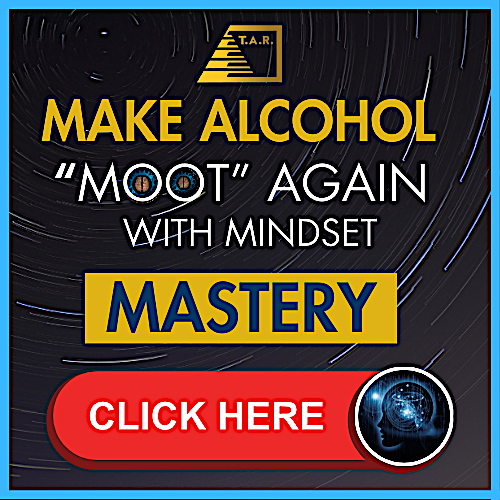
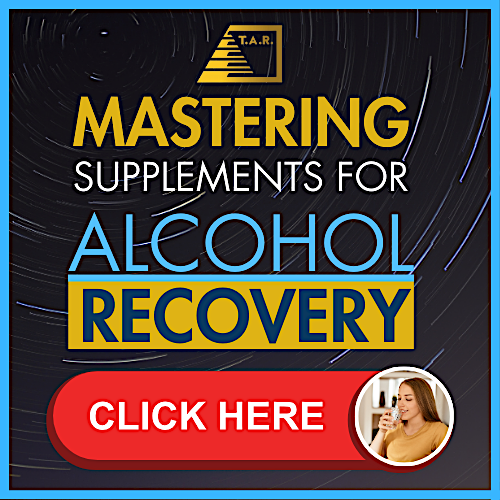
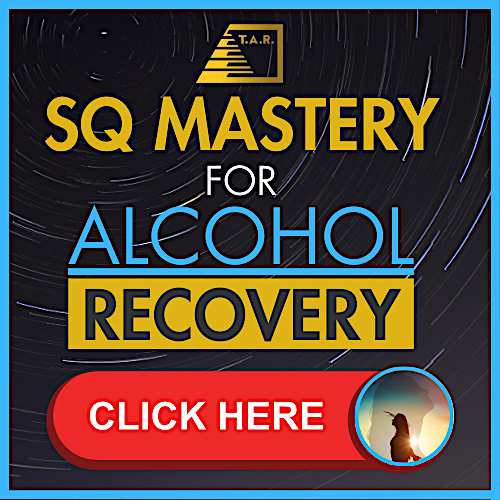


Hi Chris, I really enjoyed the Kava article and was wondering about a place to purchase it from as the last post on here said that you were looking for a new Kava Vendor…….
Any luck Chris?
Im loving your podcast too. Thank you.
Sara
Hi Sara, still looking unfortunately – but we’ll update this post when we find one! Thanks for your kind words!
Hello! I am interested in exploring Kava for social occasions. Top Extracts does not seem to carry it anymore. I am wary of purchasing from Amazon, but will if you have a suggestion for a vendor. If not, any idea of where else to go for a quality product? Thank you for your work! I don’t drink anymore but really like to explore feeling different. Most people seem to shy away from this idea, which seems silly to me. Thanks again.
Thanks for the kind words Ruby! I’m looking for a new kava vendor, and I will update this post when I find one! Best of luck to you.
Hi, thanks for the article. What kava would you recommend for anxiety
I’ve tried the kratom which helped me quit drinking, and after a year of use it left me lethargic and and full of apathy. What happened was I switched vendors and feel that the first vender was enticing his kratom with possibly tramadol or some other opioid. Regardless I spent the last week with no sleep! Just like I did coming of a five year tramadol script from my doctor. I’m currently back to drinking three stiff drinks every night to help me sleep!! Im 42 and have been drinking heavily since the age of 25!! Do you think kava… Read more »
Hi Corby, definitely have to be careful with kratom vendors! That’s why I only use Top Extracts.
Kava is a great alternative to alcohol in my experience, but honestly my favorite thing to relax at night now is CBD oil. Best of luck to you buddy.
Thank you Chris!! I’ve purchased many things from top extracts with great service and products. I’ve tried the THC free oil and it didn’t seem to do much with me so maybe I’ll try it again.
Anytime Corby! And I had to use 30 mg of CBD oil before I felt any effects.
I am two weeks into my detox and although feeling pretty good at home am anxious about social occasions. Would Kava be appropriate or will it make me just sleepy. So far I am taking alcohol support and sleep support and have not had any problems sleeping.
That’s great to hear Meghan! Alcohol Support and Sleep Support are great for general anxiety and insomnia, but anxiety about social events is more of a situational matter. Kava might be able to help, since it takes the edge off and enhances sociability. Two things to keep in mind here: First, kava has different effects on different people. If I were you, I’d try out 1/4 teaspoon of Top Extracts’ 70% kavalactones at home before using it prior to a social event. My dad recently had it for the first time and he definitely seemed more relaxed and talkative. But… Read more »